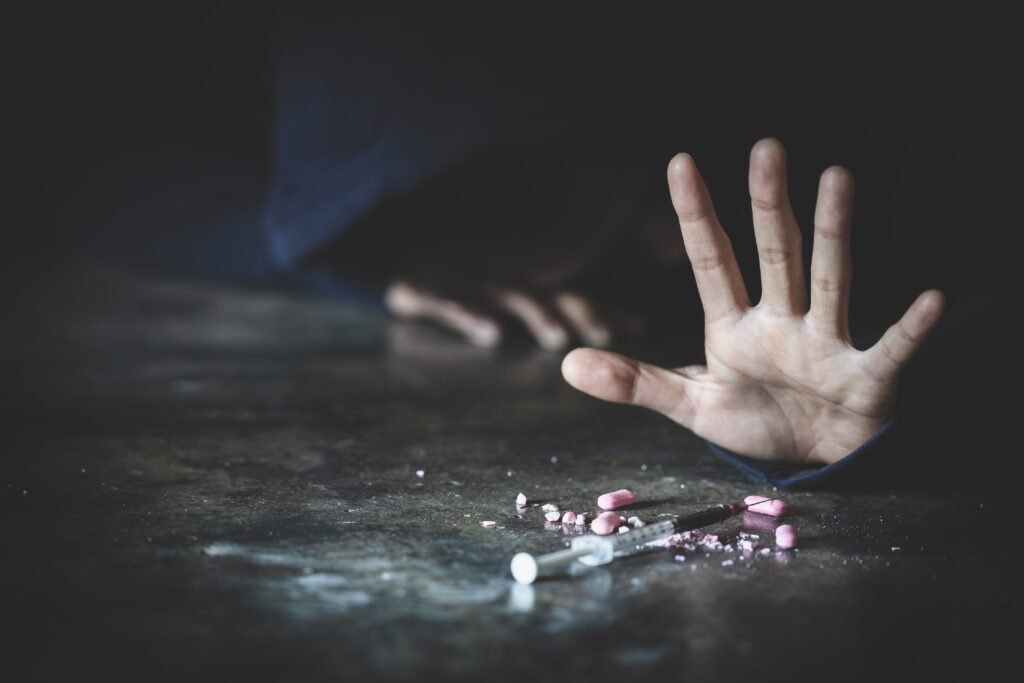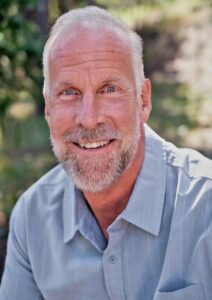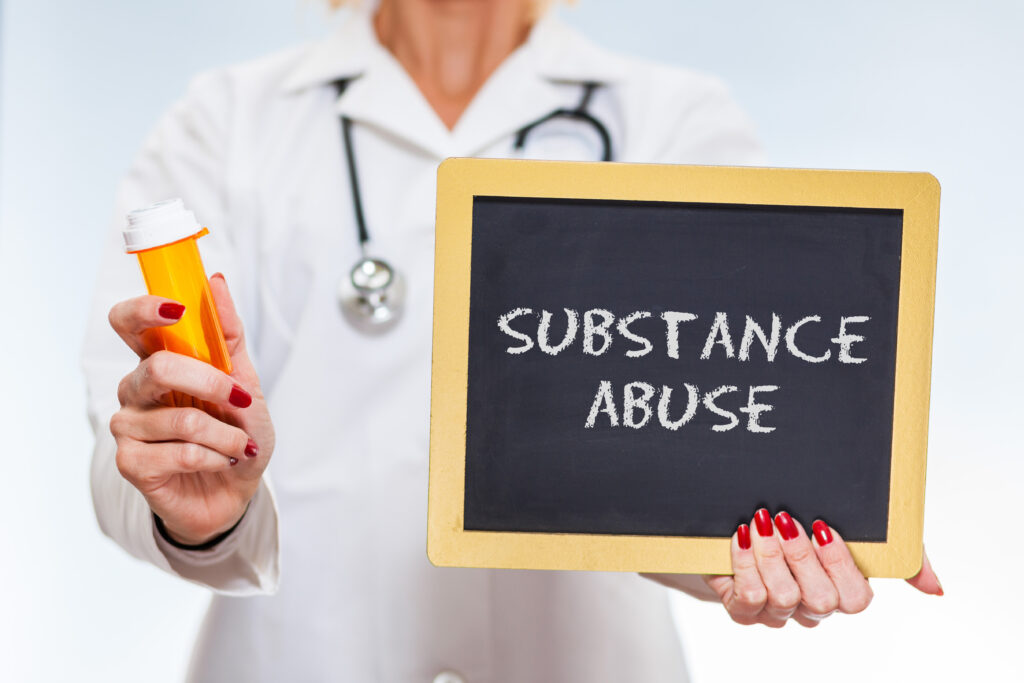When substance use starts controlling your life instead of the other way around, it’s time to get help. Maybe you’re drinking more than you planned every night. Maybe prescription medications aren’t working like they used to. Maybe you’re using drugs to cope with stress that feels overwhelming.
You’ve probably tried cutting back on your own, setting rules that you end up breaking, or using willpower to white-knuckle through cravings. Maybe you’ve tried apps, books, or well-meaning advice from friends who don’t really understand what you’re going through.
Here’s what we know: addiction isn’t a moral failing or lack of willpower. It’s a complex condition that often develops as a way to cope with underlying pain, trauma, stress, or mental health issues. At South Platte Counseling, we provide substance abuse counseling in Denver and addiction therapy – both in-person and through online substance abuse counseling in Colorado – to help you address both your addiction and whatever’s driving it.
Addiction is complex and requires specialized understanding to address effectively. We don’t just focus on helping you stop using substances – we help you understand why you started using them in the first place and give you better tools for dealing with whatever you were trying to escape or manage.
Our addiction counseling approach recognizes that substances often become a way to cope with trauma, depression, anxiety, chronic pain, or life stress. We address these underlying issues alongside the addiction itself. When you work with us, you’ll be in a completely confidential environment where recovery looks different for everyone, and we create plans that fit your life, schedule, and specific situation.

We work with people who are functional alcoholics maintaining work and family responsibilities while drinking too much, or those whose alcohol use has escalated to affect health and relationships. Our alcohol abuse counseling helps you understand your relationship with alcohol and develop strategies for either responsible drinking or maintaining sobriety, depending on your specific situation and goals.

Prescription medication abuse often starts with legitimate medical treatment that gradually becomes problematic. We help with pain medication dependence, anti-anxiety medication abuse, stimulant abuse like Adderall or Ritalin, and sleep medication dependence. We understand the complexity of prescription drug abuse and work with you and your medical providers to develop safe, effective recovery plans.
We provide substance abuse counseling for people using marijuana, cocaine, heroin, methamphetamines, and other illegal substances. Our focus isn’t on judging what you’re using – it’s on understanding what the substances are doing for you and helping you find healthier alternatives. Many people use more than one substance, and our counselors have experience working with polysubstance abuse.
We start with an initial consultation to understand your substance use patterns and concerns, discuss what’s been happening in your life that brought you to seek help, explore your goals for recovery and what success looks like to you, and develop an initial plan for your recovery journey.
Some people need intensive outpatient programs, others do well with weekly counseling sessions. Some benefit from family involvement, while others need to focus on individual work first. We work with you to create a recovery plan that fits your specific needs and connect you with other resources when you need more support than counseling alone can provide.

For people whose substance abuse is connected to traumatic experiences, we provide trauma-informed addiction counseling that addresses both trauma and addiction simultaneously, creates a safe environment for processing difficult experiences, and helps you understand the connection between trauma and substance use.

Kirk is a Licensed Professional Counselor, Licensed Addiction Counselor, and Certified Sex Addiction Therapist with over three decades of experience. He specializes in substance use counseling, sex and porn addiction therapy, trauma-informed addiction counseling, and men’s mental health. Kirk works with adults navigating complex addiction issues, especially when complicated by trauma.

Adam is a Certified Addiction Specialist in long-term recovery who offers compassionate, judgment-free support for addiction recovery. His services include individual addiction counseling, drug and alcohol evaluations, interventions, justice-involved counseling, and specialized support for addiction and neurodivergence. As someone in long-term recovery himself, Adam understands firsthand the challenges of addiction.

Rourke provides recovery consulting services and ongoing support for people in recovery. His services include recovery support services, recovery advocacy, community building, and post-treatment support. With personal recovery experience, Rourke helps build the community connections and meaningful relationships that become lasting pillars for long-term recovery.
When you first contact us, we’ll schedule an initial consultation to understand your situation and match you with the right substance abuse specialist. Based on your specific needs, we’ll connect you with Adam for comprehensive evaluations and assessments, Kirk for trauma-informed addiction counseling, or Rourke for ongoing recovery support and community connections.
We offer both in-person sessions at our Englewood office and secure online counseling for clients throughout Colorado. We understand that addiction affects your whole life, so we work to make counseling as accessible as possible.


We use evidence-based approaches rooted in proven strategies, and we understand your addiction in the context of your life, relationships, and underlying issues. Taking the first step toward addressing substance abuse takes courage, and you don’t have to wait until things get worse.
You don’t have to figure out addiction recovery on your own. Our specialized substance abuse counseling in Denver and addiction therapy can help you understand what’s driving your substance use, develop effective coping strategies, and build the foundation for lasting recovery.
Contact us today:
Call (303) 910-0800 to schedule your initial consultation or email us with questions about our substance abuse counseling services.
Our office: South Platte Counseling
770 W. Hampden #201
Englewood, CO 80110
We serve clients throughout the Denver Metro area including Denver, Aurora, Lakewood, Arvada, Centennial, Highlands Ranch, Castle Rock, Parker, Littleton, Englewood, Golden, Lone Tree, Evergreen, and Morrison. Online substance abuse counseling is available throughout Colorado.
"*" indicates required fields
Relapse is a part of recovery. It is not failure. Relapse does not mean that all your hard work is for nothing. For many, relapse is part of the recovery process and what is important is to remain hopeful and continue with your treatment. There is a lot of useful information that can be gained from your relapse and with the help of your substance abuse counselor, you can uncover the reasons that led up to the relapse and better understand what might trigger the compulsion to use. Then, you can continue to make sustainable changes that serve your overall well being.
In our experience, the clients who fully embrace the process most often have success. Addiction counseling works if you come with an open mind and willingness to work. Besides counseling, some clients may respond well to EMDR (Eye Movement Desensitization Reprocessing. This effective form of trauma therapy can help you release the pain of the past and discover a new sense of possibility for the future.
To borrow an old cliché, you get out of it what you put into it. I am here to support your journey to the life you want to lead and to becoming the person you want to be.